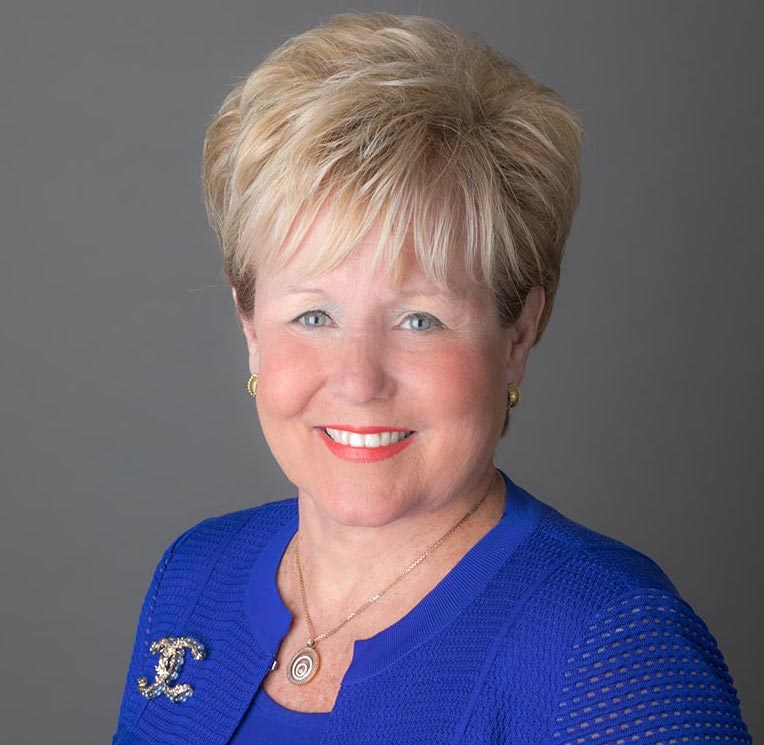Acadia Healthcare Company Inc. is barreling into 2022 with momentum as it lays out major growth initiatives for the next few years.
The Franklin, Tennessee-based behavioral health company projects that it will add 600 new beds through many avenues in 2022 and will continue to add between 600 and 1,100 beds in 2023 and 2024 each.
The momentum comes from a flurry of dealmaking activity in the fourth quarter of 2021 that reflected an all-of-the-above approach to growing the footprint of Acadia Healthcare.
All told, the company added 681 new beds to its network in 2021. This included expanding existing facilities, joint ventures with other health care systems, mergers and acquisitions and adding de novo facilities. Company leaders said on the company’s annual earnings call on Tuesday that it will take a similar wide-ranging approach to growth in 2022.
In the fourth quarter alone, Acadia Healthcare added 13 beds to existing facilities; acquired three nonoperational facilities in Chicago’s North Side that will become Montrose Behavioral Health Hospital; opened five comprehensive treatment centers; launched three new joint ventures; and completed the acquisition of CenterPointe Behavioral Health System, Missouri’s largest dedicated behavioral health provider.
Acadia Healthcare’s departing CEO Debbie Osteen said on the call that the growth in 2021 and over the next few years is driven by the company’s balance sheet and the ever-increasing demand for behavioral health services in the U.S. as COVID worsens the mental health of Americans.
“We are encouraged by the favorable trends in our business and believe we are well-positioned to capitalize on the expected growth in demand for behavioral health services,” Osteen said. “This pandemic has pushed the need for mental health and substance use treatment to the forefront.”
Acadia Healthcare posted $2.3 billion in revenue and $190.6 million in net income in 2021. Revenue increased 10.7% year-over-year while the company saw an $860 million swing from a $669 million loss in 2020 to profitability in 2021.
Annual earnings per share (EPS) totaled $2.10 for the year, missing an analyst average EPS estimate of $2.59. Acadia Healthcare’s stock price was up 5.4% on the day to 62.14 as of the writing of this article.
Acadia Healthcare’s growth strategy
Acadia CFO David Duckworth said the company believes that facility expansions represent the best return on the company’s investment. The company will add 300 new beds to existing facilities in 2022 and each year through 2024.
“When we add beds to an existing facility, we can meet the growth in demand in that particular market, but also leverage the existing facilities cost structure which allows us to improve margins and profitability,” Duckworth said.
Acadia Healthcare is also exploring a list of about 100 U.S. markets that are underserved in terms of access to inpatient psychiatric beds for its de novo strategy. The company anticipates opening two inpatient facilities and between 6 to 10 comprehensive treatment centers every year through 2024. In 2022, the company plans on opening a 60-bed children’s hospital in Chicago and an 80-bed facility in Indio, California, Duckworth said.
Duckworth also said that it has two joint ventures currently slated to open in 2022 and anticipates that the company will accelerate the pace of JV openings to four or five a year in 2023 and 2024.
“For Acadia, these joint ventures provide market access that might not otherwise be available, and allow us to leverage our partners’ established reputation in the community and relationships with payers,” Duckworth said.
The company also anticipates a 10% increase in earnings before interest, amortization, depreciation and amortization (EBITDA) each year “for the next several years,” according to Duckworth.
During the question and answer period, Osteen said that Acadia Healthcare won’t build de novos in all of the 100 target markets. Its criteria for entering a market includes things like construction costs, staff availability and reimbursement rates, Osteen said, adding that the company has a “very robust process” around picking new markets.
Staffing updates at Acadia Healthcare
At the top of the organization chart, Osteen said that the company had no other major announcements for her replacement as CEO. Acadia Healthcare previously announced Osteen’s retirement in October 2021. However, the company disclosed in a public filing that Osteen would stay on as CEO until the end of March “to assist with and ensure a smooth transition of leadership.” She will get $900,000 for staying on beyond her planned retirement date of Jan. 30.
“The board has conducted a thorough and highly selective search process,” Osteen said. “We hope that we will have an announcement soon and look forward to updating you.”
Across the company, Osteen said the company was successful in recruiting new employees to the company.
Acadia Healthcare has centralized its recruitment team for its facilities that identified staffing needs using real-time data across the company. Osteen acknowledged that the Omicron surge of COVID made December and January tougher to hire and onboard workers. The company also has maintained its focus on employee retention by responding to financial, scheduling and environmental concerns of staff.
Responding to a question, Duckworth said that he didn’t have specific metrics ready for the call that reflect hiring and retention efforts but said that staffing figures have been stable. That includes increased costs for premium pay labor or added sick pay.
“The team has done, I think, a very good job of demonstrating that we can manage those labor challenges without restricting our growth,” Osteen said.



